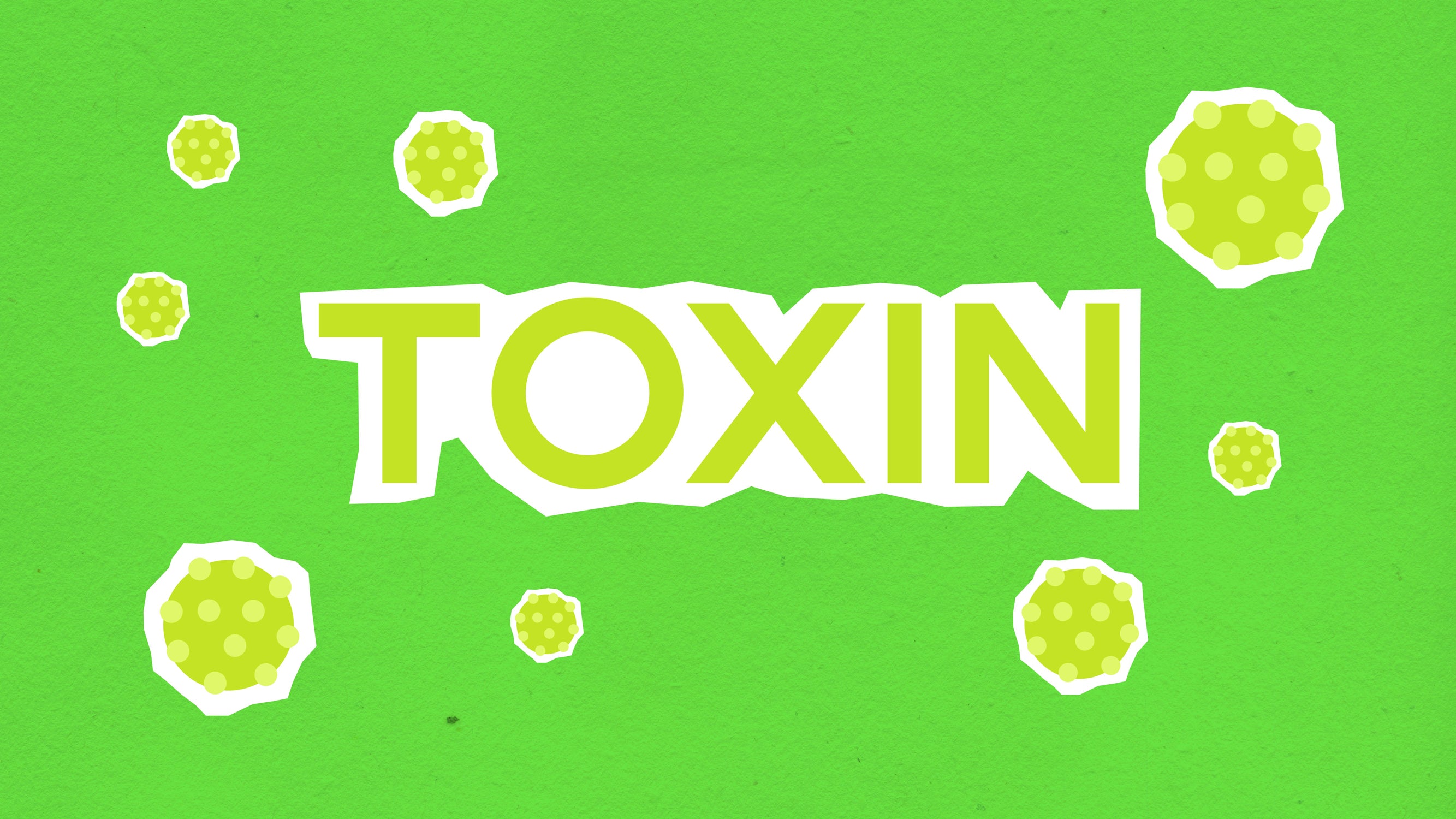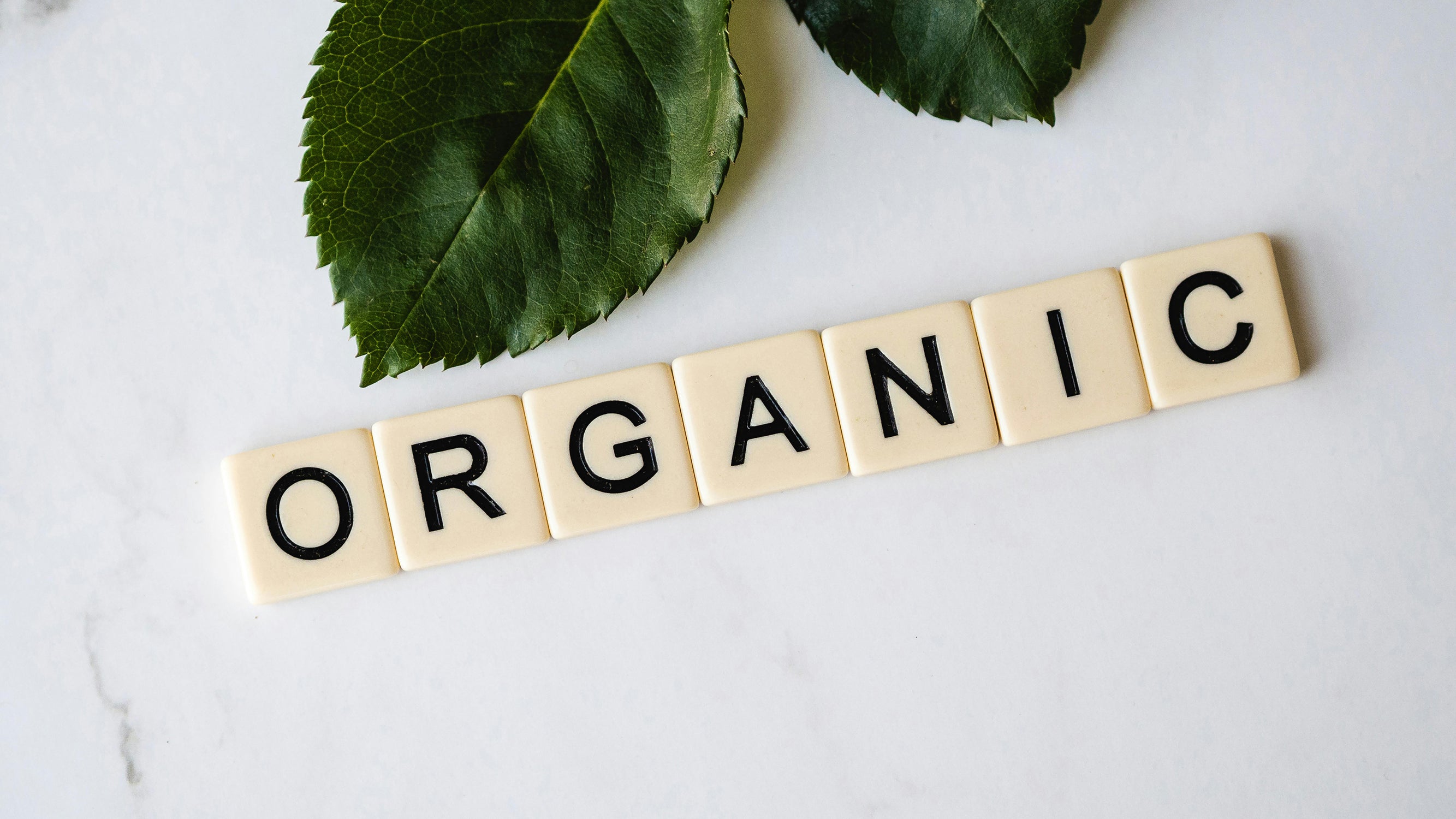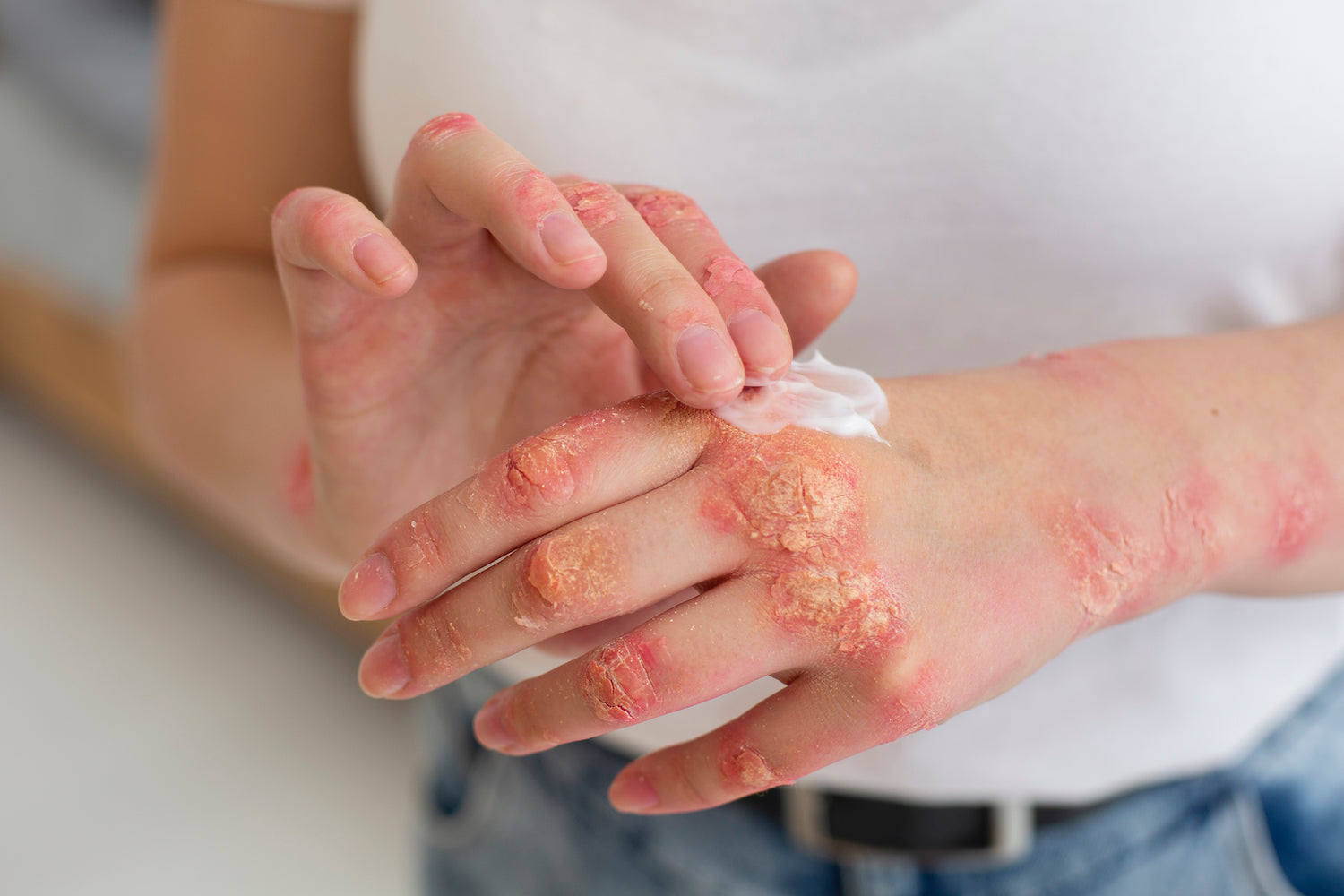US Food Contamination - At an All-Time High!

I felt obligated to put a few words into a blog post this morning as I was combing through new reports that have recently been released addressing ongoing food contamination concerns within the United States.
For those of you who have never explored the topic at hand, I highly suggest you do so to familiarize yourself with what is happening across our land, which impacts what we put in and on our bodies. This is not just important for us in our daily living, but for our children as they continue to develop mentally and physically.
Let's briefly talk about chemical agents, which is the focal point within the article at the bottom of the post. According to the latest report on pesticide residues in food by the US Department of Agriculture (USDA), a mere 15 percent of all the food samples tested in 2015 were free from pesticide residues. In 2014, over 41 percent of samples had no detectable pesticide residues on them. It doesn't take a scientist to see or understand that the safe gap is closing quickly on chemical-free agriculture!
Pesticides, like cars and nuclear power, are one of the great double-edged swords of technology. Without pesticides, the world's farms would require more labor-intensive production. Thus, feeding the growing global population would be more difficult and expensive. However, since pesticides are poisons, they also pose a health risk to humans, other animals, and the environment.
Pesticides are tested and approved for use by the US Environmental Protection Agency (EPA), which establishes tolerances or maximum residue levels, that describe the amount of a given pesticide that can safely remain in or on a food. The US Food and Drug Administration (FDA) is then responsible for monitoring pesticide levels on fruits and vegetables, while the US Department of Agriculture (USDA) is charged with the task of surveying pesticide residues in meat, eggs, and dairy products.
There is often criticism of the EPA’s methods for setting tolerances for pesticide exposure in humans. For one, short-term testing is conducted on laboratory animals exposed to only a single chemical at a time, which is usually in high doses. However, this testing is most often not accurate, since humans are often exposed to a number of different chemicals over long periods of time. This type of exposure can cause problems that might not be observed in a short-term study of the effects of a single chemical. The FDA has also been criticized for inadequate monitoring of pesticide levels on fruits and vegetables. Ineffective sampling of food for pesticide residue testing, problems with data analysis, and lack of authority to fine or otherwise punish growers (or importers) who use illegal pesticides are common criticisms.
I'm of the firm belief that the best way to avoid consuming pesticides is to adhere to an organic diet. Organic food is grown and processed without being treated with pesticides. Be on the lookout for USDA-certified organic labels and visit local farmers' markets or farms, where you can ask the farmer directly about his or her pest control methods. Some sustainable farms aren’t certified organic, but don’t use any pesticides at all. All you need to do is ask!
As far as drinking water is concerned, to remove pesticides, look for a filter certified by NSF International to meet American National Standards Institute (ANSI) Standard 53 for volatile organic compounds reduction. Typically most carbon filters will work. Additionally, if your water is fluoridated, you’ll need yet another type of filtration to get the fluoride out.
Our family has been using Clearly Filtered, which has been the best purchase we have made in a really long time!
I hope this sheds some light on an often silenced topic that most of us simply don't think about in our daily living. As always, if anyone has questions, please send us an email or use our comments section below.
http://healthimpactnews.com/2017/85-of-all-food-in-u-s-now-contaminated-toxic-pesticides-also-found-in-drinking-water/




Comments